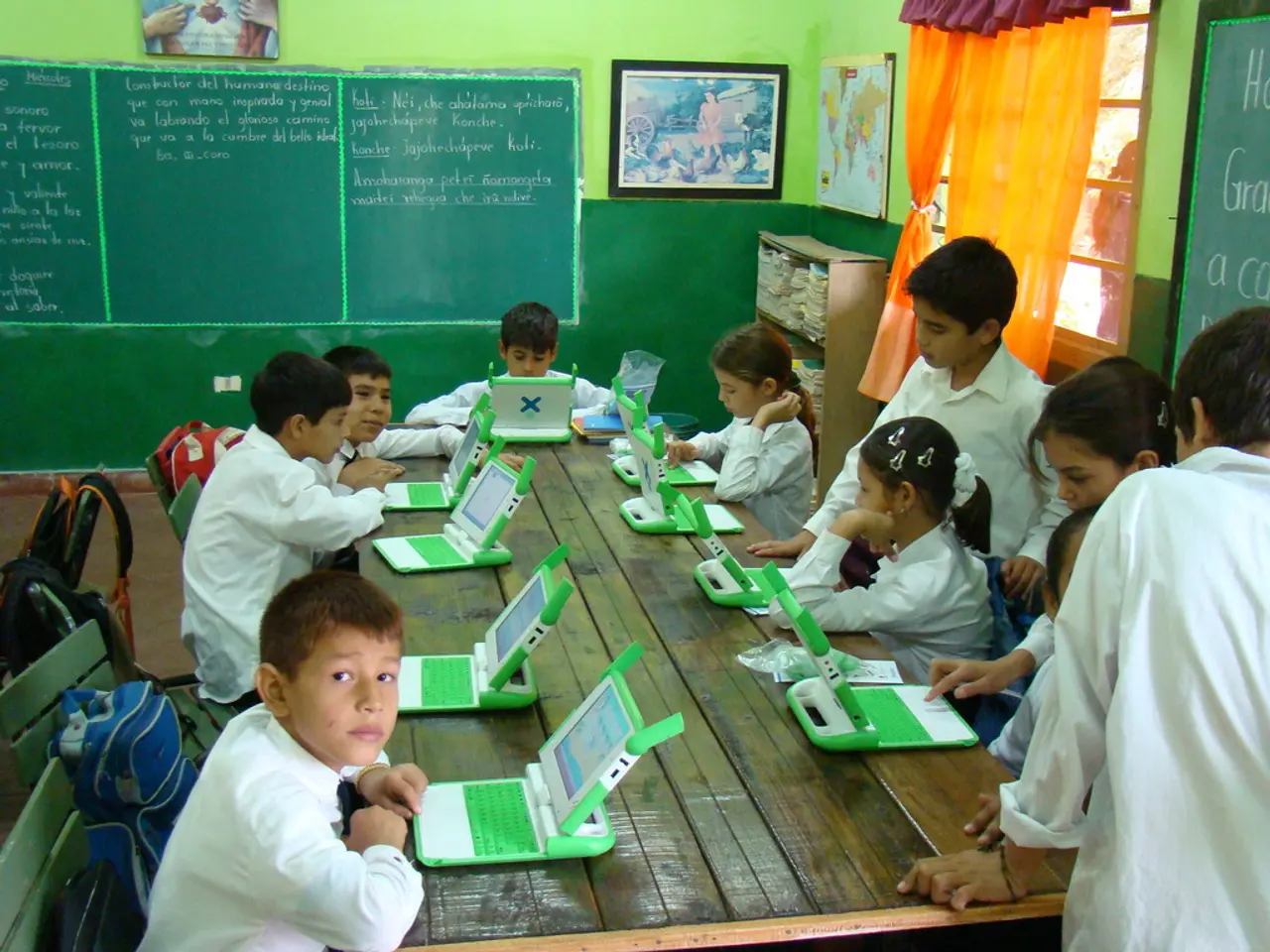Tech platforms strengthen job opportunities for African youth
In Africa, tech platforms are playing a transformative role in connecting young people with jobs, offering remote work opportunities, and providing digital skills training. These platforms are increasingly deployed to bridge the persistent gap between unemployed youth and meaningful economic participation, particularly in a job market where education does not always meet employer needs and traditional employment channels are insufficient.
Job Matching ------------
AI-powered career tools on these platforms analyse real-time labour market data to connect unemployed youth with suitable job opportunities by assessing their skills and interests against available jobs. Initiatives like South Africa’s Tshepo 1Million and YES South Africa use AI to personalise career guidance and directly match candidates to jobs, addressing the systemic mismatch between education and market demands.
Remote Work ------------
The global shift towards remote work presents a major opportunity for African youth, as geographic constraints are lessened, and access to international labor markets expands. Tech platforms can aggregate remote opportunities from both within Africa and abroad, allowing users to work for employers globally without relocating.
Skills Training ---------------
Digital skills training is central to employability in the modern African economy. Programmes like CAPACITI Training Learnership offer practical, workplace-integrated tech training designed to meet industry requirements. Large-scale partnerships, such as those between the African Talent Company and Mastercard Foundation, have trained over 2.4 million youth, with many gaining critical technical and soft skills for immediate job placement.
Gig Opportunities -----------------
Gig platforms, ranging from ridesharing and delivery services to freelance creative and technical work, offer flexible, short-term income streams. Fintech innovations (e.g., M-Pesa, Paystack) have lowered barriers to entry for gig work by facilitating instant payments and financial inclusion.
Most In-Demand Digital Skills in Africa’s Tech Industry -------------------------------------------------------
The digital transformation across Africa has created strong demand for a core set of technical and complementary skills. These include software development, data science and AI, cloud computing, cybersecurity, digital marketing, UI/UX design, project management, and soft skills like communication, teamwork, and adaptability.
While these technical skills are critical, the OECD and World Bank highlight the persistent importance of foundational literacy, digital navigation, and socio-emotional skills for long-term employability and career growth, even as technical requirements rise.
Challenges & Opportunities ---------------------------
Challenges include infrastructure gaps, a local AI talent shortage, and policy and partnership needs. However, the digital economy—especially in fintech, green tech, and creative industries—is growing rapidly, with Kenyan digital sectors alone projected to contribute KES 662 billion to GDP by 2028. Startups are not only providing local solutions but also global models for addressing youth unemployment through innovation and entrepreneurship.
Conclusion ----------
Tech platforms are a critical lever for addressing youth unemployment in Africa by offering job matching, remote work, skills training, and gig opportunities. However, realizing the full potential of these solutions requires investment in digital infrastructure, localised talent development, and multi-stakeholder partnerships. Improving access to reliable internet and electricity, particularly in rural areas, can help create more job opportunities for young people. Expanding digital literacy initiatives in underserved regions can help equip young people with essential digital skills. Online internships are cost-effective, accessible from anywhere, and fit around flexible schedules, but require a stable internet connection. Addressing these issues is crucial to improving platform performance and ensuring long-term growth. These platforms make opportunities available to a broader range of users, with flexible schedules, affordable or free training, and accessibility features. Young people in rural areas can access tech platforms and training opportunities by leveraging mobile devices, affordable internet solutions, and community resources.
- The AI-powered career tools on these tech platforms not only provide job matching services by assessing the skills and interests of young Africans against available jobs, but they also focus on education-and-self-development by offering digital skills training, including in-demand digital skills such as software development, data science, and UI/UX design.
- These tech platforms, through initiatives like South Africa’s Tshepo 1Million and YES South Africa, use technology to enhance lifestyle opportunities by personalising career guidance, bridging the gap between education and market demands, and offering remote work opportunities that expand access to international labor markets, thus, promoting education-and-self-development.




